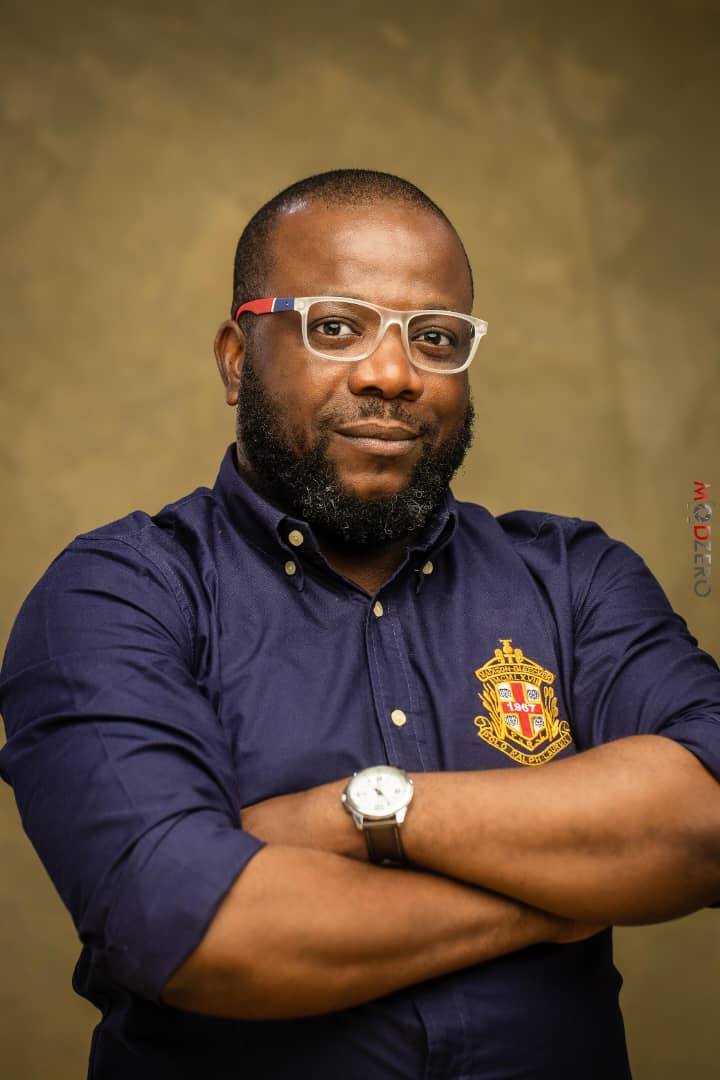Corporate and content stakeholders have been called upon to forge strategic partnerships in order to tap into a burgeoning $250 billion market ecosystem, driven by the convergence of creative talent, commercial branding, and Nigeria’s creative economy.
During a high-profile industry dialogue in Lagos, government officials, business leaders, and creative industry advocates emphasized that brands and content creators must work in concert to unlock the immense consumer, cultural, and economic potential. This call to action follows recent national assessments indicating that Nigeria’s creative economy—encompassing film, music, fashion, digital content, gaming, and other cultural industries—has the potential to generate over $250 billion in value over the next decade.

Speakers stressed that individual success stories in film or music alone are not enough; rather, scalable economic progress requires institutional collaboration. When brands partner with creators, they leverage cultural relevance and storytelling to reach deeper into growing youth and diaspora markets, while creators gain commercial stability, distribution reach, and long-term revenue opportunities.
According to industry experts, well-structured partnerships spanning endorsements, co-branded campaigns, licensing deals, and content-based retail collaborations are key to building sustainable value chains that benefit creators, brands, and audiences alike. Brands benefit from the authenticity and engagement power of creative influencers, while creators receive financial backing, market access, and capacity-building structures.
Major brands such as beverage firms, tech companies, and telecom operators were mentioned as pivotal partners. Business executives attending the event encouraged these firms to move beyond one-off sponsorships toward equity-linked partnerships and co‑production arrangements that integrate branding into content across music videos, web series, events, and digital platforms.
Content creators and cultural entrepreneurs also urged brands to recognize that creators bring more than visibility—they bring innovation, local insight, and global reach. The synergy allows brands to remain culturally relevant, while creators gain certification, resources, and professional networks that raise creative standards and economic resilience.
Financial analysts at the forum described the creative economy as reflective of Nigeria’s demographic and digital strengths. With over 60 percent of the population under 25 and smartphone penetration accelerating, the market for digital content, events, and branded experiences is expanding rapidly. The analysts noted that the $250 billion estimate is predicated on capturing more of the global diasporan audience, monetizing content through licensed partnerships, and scaling domestic consumption of creative goods and services.
To facilitate this collaboration, the panel recommended institutional mechanisms such as branded creator incubators, shared studios, strategic matchmaking platforms, and creator-branded funds that provide working capital for joint marketing campaigns or distribution scaling. They also advocated for clearer intellectual property frameworks, media monetization policies, and access to financing tailored to creative ventures.
One senior representative of a national creative fund disclosed that a pilot mentorship programme is already underway linking leading brands with emerging creators from digital studios in Lagos, collaboration hubs in Abuja, and fashion designers in the southwest. This initiative aims to launch five co-developed content projects by year-end, financed through matched funding from corporate partners and creative investors.
Regulatory bodies such as the National Film and Video Censors Board and the Nigerian Copyright Commission pledged support by promising clearer policy guidelines to ensure brand–creator engagements are adequately protected and monetized. Improved clarity around royalty rights, content licensing, and sponsorship revenue sharing was highlighted as critical to long-term economic scaling.
Attendees acknowledged challenges such as inconsistent payment terms, chaotic contractual practices, and insufficient education on branding standards within creator ecosystems. To address this, the forum supported plans for contractual literacy training for creators and brand managers alike. Formal templates and standard deal structures were recommended to align expectations, facilitate clarity, and promote trust.
Industry leaders stressed that the transition to a $250 billion creative economy will require patience and disciplined execution. It involves nurturing collaborative value chains—stretching from rural fashion hub textiles to fintech-backed digital distribution—and balancing symbolic endorsements with long-term strategic brand–creator partnerships.
Several creators shared success stories: a Nollywood filmmaker who co-created a branded short film series with a fast-moving consumer goods company, a musician launching a product line under his personal brand, and a fashion stylist whose content-driven collaborations with global apparel brands opened doors to export markets. These cases illustrated how meaningful collaboration, when properly structured, can transform cultural output into real commercial value.
In conclusion, the consensus among policymakers, creative economists, and industry insiders was unequivocal: branding partnerships with creators are not just tactical—required to unlock Nigerian creative potential—but foundational to realizing a multihundred-billion‑dollar ecosystem. If brands and creators commit to strategic collaboration built on mutual respect, financial transparency, and strategic foresight, Nigeria’s creative economy stands poised to become a global powerhouse in the decades ahead.
Support InfoStride News' Credible Journalism: Only credible journalism can guarantee a fair, accountable and transparent society, including democracy and government. It involves a lot of efforts and money. We need your support. Click here to Donate
